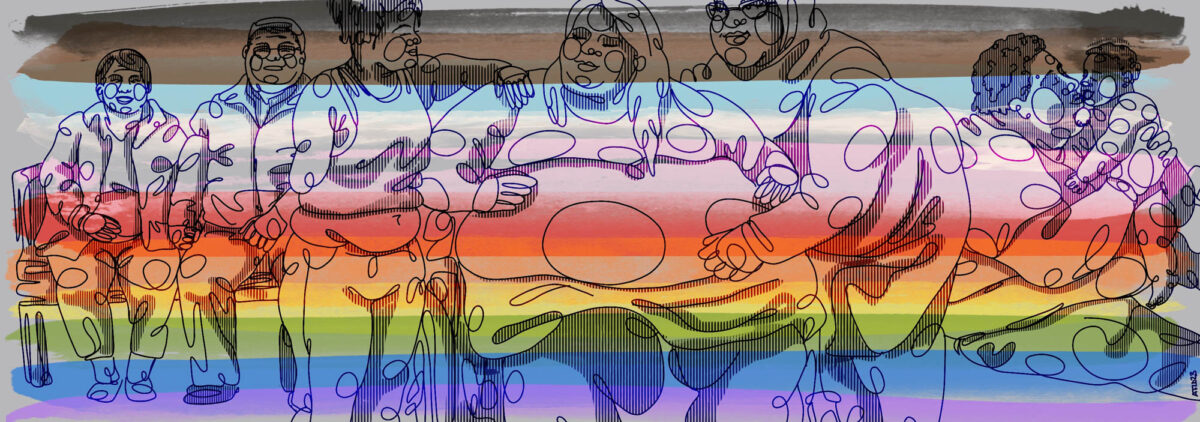In this chapter, relying on multiple theoretical frameworks—Fat Studies, Mad Studies, and feminist bioethics—I critique the DSM-V biomedical narrative of “obesity” as “mental illness” to argue that the complexity or thickness of fat Mad subjectivity is obfuscated by reductionist and risk management biomedical models. I introduce the terms obesity and mental illness in quotation marks to signal critique of these terms in Fat Studies and Mad Studies respectively. However, to engage in biomedical discourse, I recognise that it is still necessary to use medicalized terms such as these to illustrate their limitations. I also capitalize Madness to distinguish it as a critical term reclaimed by Mad Studies for neurodiversity, to challenge its pejorative sanist usage, and to assert alternatives to the pathologizing labels of mental illness and mental disorder. I problematize the recent inclusion of obesity in the American Psychiatric Associations’ (APA) fifth edition of the Diagnostic and Statistical Manual of Mental Disorders (DSM-V) as a reason to be recommended to a psychiatrist, which suggests that the fat body is necessarily a product or kind of mental disorder (APA, 2013, p. 22). Inclusion of obesity in the DSM-V marks an attempt to solidify a biomedical relationship between obesity and mental illness, such that fat embodiment is surveilled and punished as physical and mental deviance. I argue that there are similarities between hysteria and obesity as discriminatory diagnostic labels that function to pathologize some bodies and/or minds as out of control and dangerous in order to justify violent “treatment” plans rooted in a desire to discipline non-normative gender performance and/or embodiments. The recommendation of the chapter is that the seemingly “objective” DSM-V is engaged in groundless discrimination to justify and allow for epistemic, psychiatric, and/or medical violence against marginalized and/or subversive identities.
Blanchette, S. (2019). Critiquing the DSM-V narrative of “obesity” as “mental llness.” In J. Rinaldi, C. Rice, & M. Friedman (Eds.), Thickening fat: Fat studies, intersectionality and social justice (pp. 79–89). Routledge.





